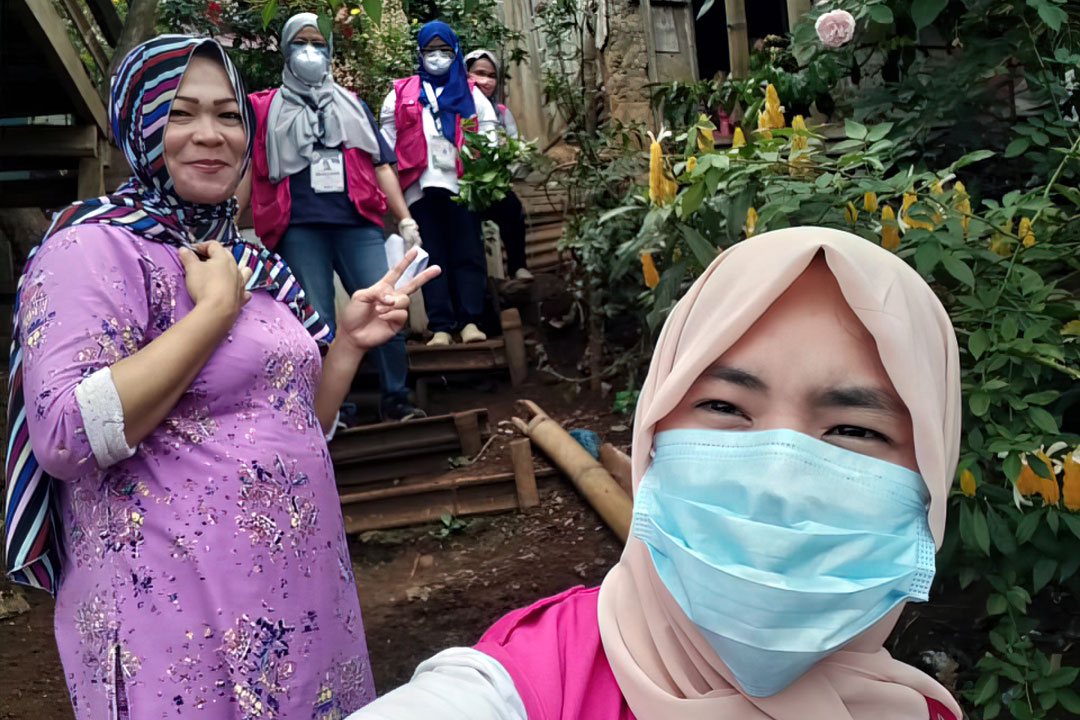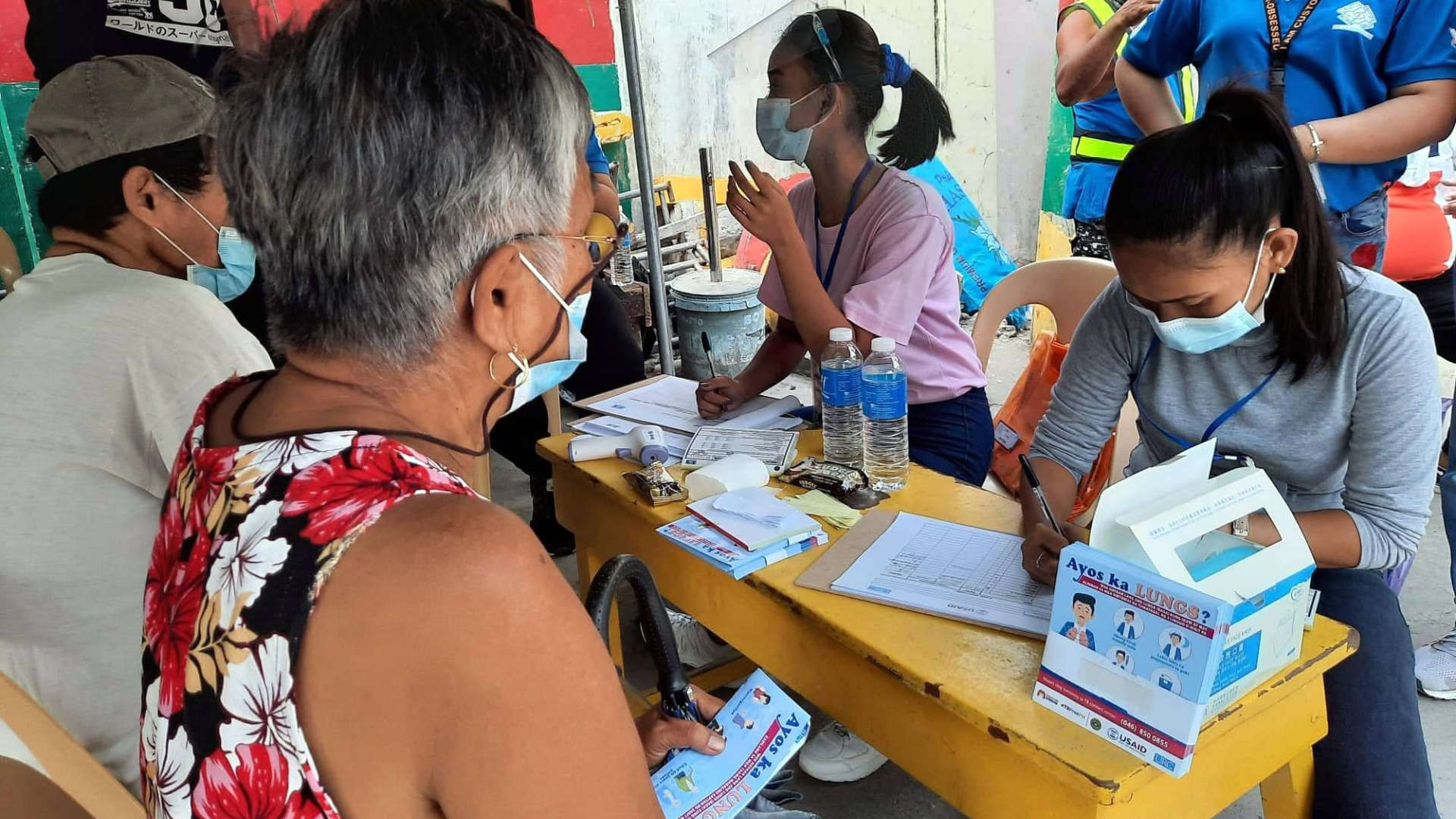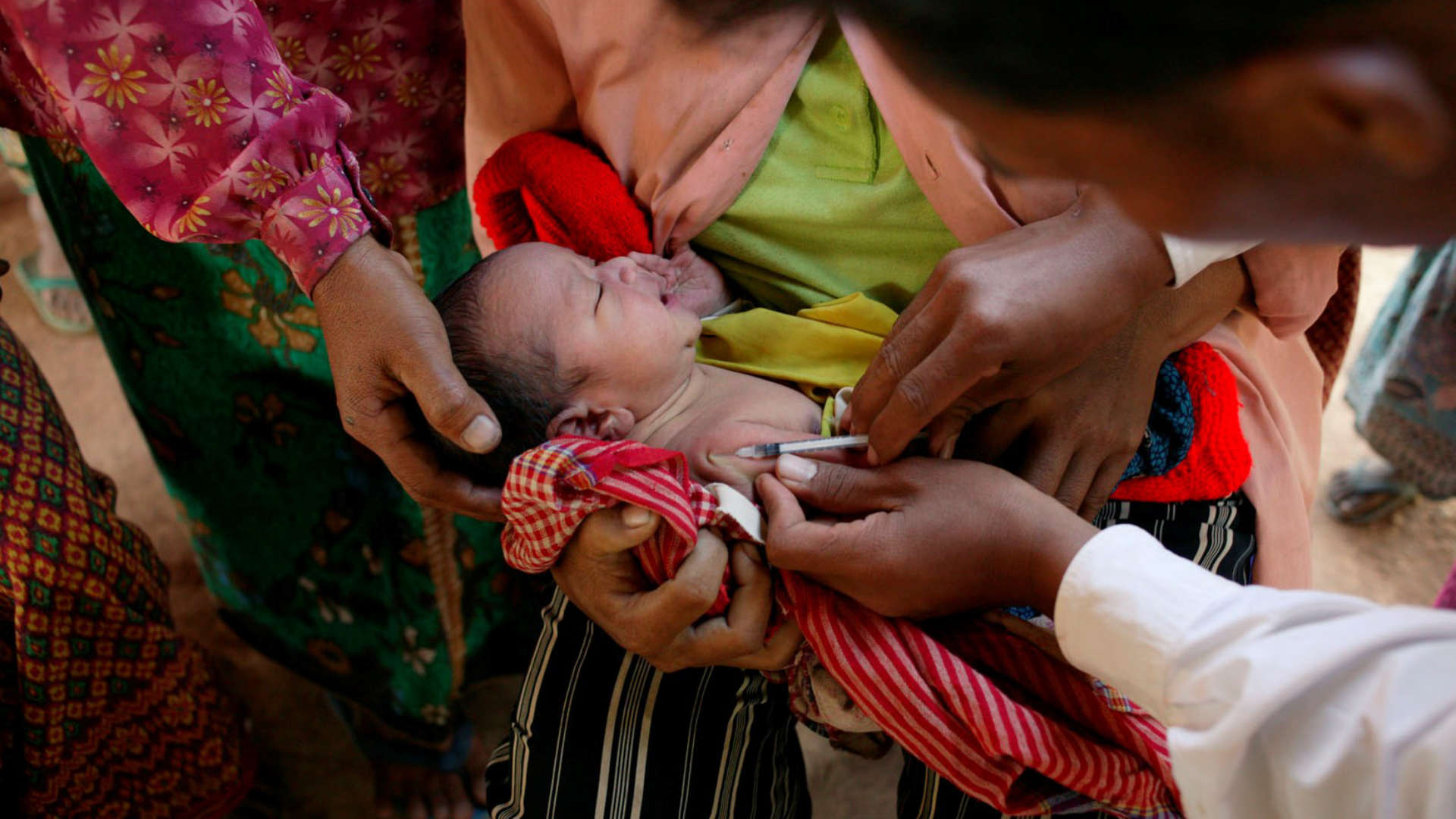Under current quarantines to reduce the spread of COVID-19, access to tuberculosis (TB) services has become even more challenging. Provision of essential health services – including TB diagnosis, treatment, and care – must continue. TB is one of the top 10 causes of death worldwide and the leading cause from a single infectious agent.
To be cured, people with TB must take a regimen of drugs exactly as prescribed for the entire treatment period or not all the TB bacteria will be killed. The TB bacteria that survive may become drug-resistant, making the disease harder and more expensive to treat.
How to Ensure TB Patients Adhere to Treatment?
During the COVID-19 crisis, health workers trained by the USAID TB Platforms Project in Marawi City, Philippines, are conducting house-to-house visits to deliver patients a one-month supply of medicine to guarantee that patients adhere to their drug regimens.
As TB patients cannot go to the city center to get their daily supply of TB medicines due to the COVID-19 crisis, “we have nearly 200 health workers volunteering to do house-to-house visits to make sure that patients have a one-month supply of medicine,” said Marawi City TB Program Nurse Coordinator Nasimah Diron.
Nasimah and her team of TB health workers conduct community outreach activities with support from the City Health Office and mentoring and educational assistance from USAID’s TB Platforms Project. During home visits, the health workers deliver TB medicine, identify people who may benefit from TB preventive therapy, and encourage patients to adhere to their drug regimens.
During the first week of the quarantine, the team visited 12 out of 30 high TB burden barangays, or districts. To ensure that all clients receive their medications, the team enlisted the support of the health workers of the barangays to help provide medications, monitor treatment adherence, and conduct contact investigation, especially for children and senior citizens.
Home Visits Help TB Patients Save Money
Nasimah is inspired by feedback from the families of TB patients who are grateful for the dedication of health workers like her who personally visit patients to make sure they receive their medicine. “We also feel afraid to go house to house, but we are happy that apart from providing continued services to TB patients, the money that our patients save by not going to the health center will now be used to buy food for their families.”
To date, with assistance from USAID TB Platforms, 274 out of 375 health facilities in Marawi City, are providing a one-month supply of TB drugs to ensure continuous services. “Amid this crisis, we need to help and support each other and that is what we are doing” said Nasimah.



